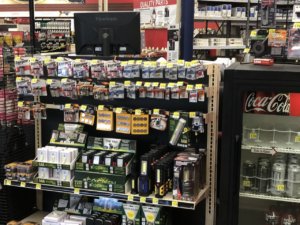At 4 pm on a typical summer Friday, putting on my biking clothes to go for a ride would have been the furthest thing from my mind. My fellow camp professionals and I would have been at our Jewish summer camps, hurrying to get everything done before Shabbat, when phones, copy machines, computers and more would come to a halt. I would have been hurrying to finish my Weekly Update to parents, praying the internet wouldn’t go down before I pushed send. I would be praying that each camper and staff member got his or her shower in before it the water got cold, and praying the hairdryers would not bring the power down. We would be gathering for our Edah Circle at 5:30 pm, all dressed in our Shabbat clothes, to talk about highlights of the week, to hear a story, to sing a Shabbat song, as we waited to get “picked up” by another division to escort us to the camp wide Shabbat service. Of course this would have all happened more than THREE hours before “real Shabbat,” but it made sense—you can’t really expect campers and staff to wait til 9 pm for dinner!
In the “real world,” we can bike for a few hours starting at 4 pm on Friday, shower without worry of the water going cold, and bring in the longest Shabbat of the year at 8:10 pm. Davening can be quick, we can have a quiet dinner at one table–not surrounded by 800 people. And we relax in a lawn chair for as many hours as we want on Saturday day.
Being home is fun and relaxing. Being in camp is what so many of us live for. I feel sad for the thousands of campers and staff who won’t experience a summer of Shabbat, and friendships, and s’mores, and firsts—on the climbing tower, on a camping trip, on a horse. I challenge everyone missing camp to find ways to bring the beauty of Shabbat in to your homes and lives each and every Shabbat this summer. And pray that next summer, we will all return to where we belong!











